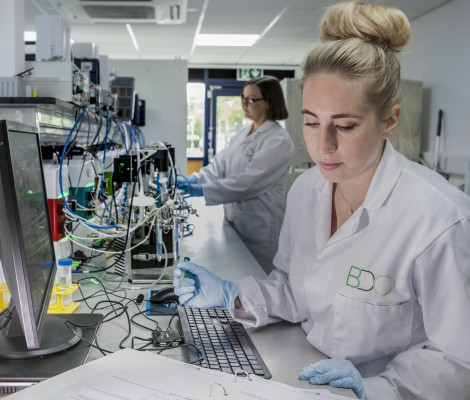
Fermentation facilities
We have several bioreactor systems, which allow the development and scale up of fermentation processes from 500 mL to 30 L.
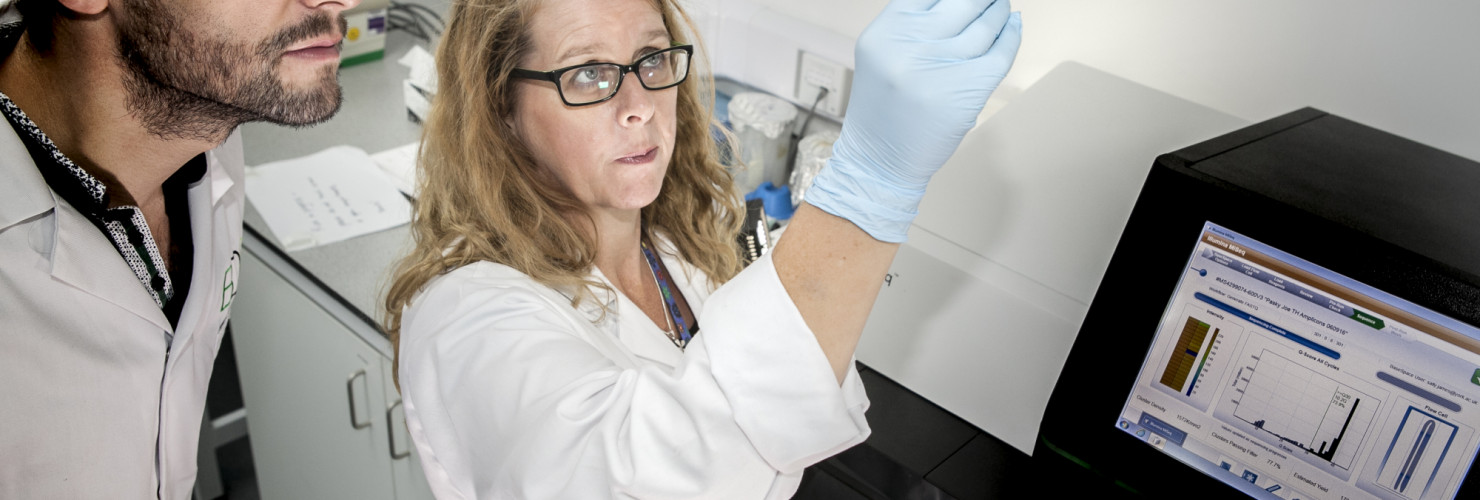
We have established a set of molecular analysis facilities to enable a variety of genetic analysis applications to be carried out. In addition to DNA extraction systems, PCR machines and gel documentation equipment, our facilities also house the following;:
MiSeq DNA sequencing platform
Designed to allow the rapid sequencing of multiple samples of DNA, this platform is ideal for assessing gene expression, microbial and plant genome sequencing, BAC library sequencing, amplicon sequencing, marker identification and bacterial typing / microbial consortia sequencing etc. The system allows for automated, scalable and reproducible high-throughput parallel sequencing, with the additional option of sample barcoding for greater cost effectiveness. It is an invaluable analytical tool for a range of projects including fast-track plant breeding, anaerobic digestion / biohydrogen production process analysis, environmental isolate analysis, plant soil health analysis etc.
3730 DNA analyzer
The 3730 DNA Analyzer is useful for medium- to high-throughput analysis of a range of DNA sequence motifs or markers. The 3730 DNA Analyzer is a fully automated capillary electrophoresis system that can be employed for fast-track breeding of desired organisms, validation of SNP markers and routine diagnostic purposes. DNA fragment analysis may include screening for microsatellites, AFLPs and SNPs, mutation detection and methylation studies. Assays for molecular markers developed for the 3730 DNA Analyzer can be successfully used to investigate the genetic control of morphological traits to estimate phenotypic diversity in studied species.
SNPline system
The SNPline system is a modular, high-throughput genotyping platform for the analysis of single base changes or insertions/deletions in DNA sequences of interest. The process uses a fluorescence-based assay known as KASP (Kompetitive Alelle Specific PCR), developed by LGC Genomics. This allele-specific analysis is widely used in the genetic analysis of human and animal disease, cattle and plant traceability and fast-track plant breeding.
Fragment analyzer auto capillary electrophoresis system
The Fragment Analyzer Auto Capillary Electrophoresis system is used for accurately sizing and quantifying DNA or RNA and may be used to identify alterations in DNA sequences of interest, which may account for partial or total loss of a particular function within a plant or microbe under analysis. Assays may be designed in a medium/high-throughput capacity to identify single base changes or small deletions/ insertions within genomes. Within our Bioscience Innovation Team, it is used as a platform for heteroduplex mapping (mutation detection), a reverse genetics technique, employed to identify induced or natural variation within user-defined genomic sequences, e.g. genes within a biosynthetic pathway, promoters or other regulatory regions.
ViiA7 quantitative real time PCR system
The ViiA7 real-time PCR platform allows quantification of DNA and RNA fragments within biological samples. The broad range of applications which can be carried out on the ViiA7 allow it to be used within a variety of different projects, including microbial load monitoring, pathogen detection, gene copy number determination, gene expression studies, miRNA levels and fast-track plant breeding. The system may also be used for end-point analysis of genotyping assays on other platforms, e.g. the SNPline system, and can be run on either a 384-well block or a FAST-96 well block allowing a range of different sized studies to be carried out.

We have several bioreactor systems, which allow the development and scale up of fermentation processes from 500 mL to 30 L.
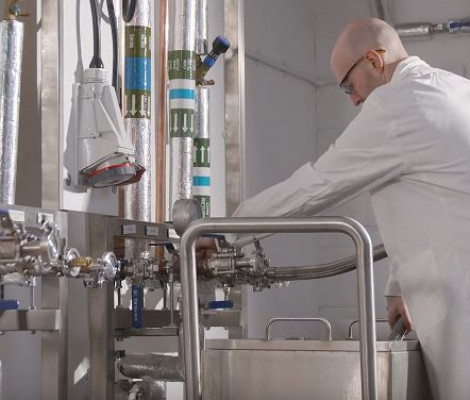
In our process development laboratory we have a 480sqft flexible hall, if you have a piece of equipment that needs the right infrastructure and dedicated space to make it work then our flexi hall could be the right place for it.
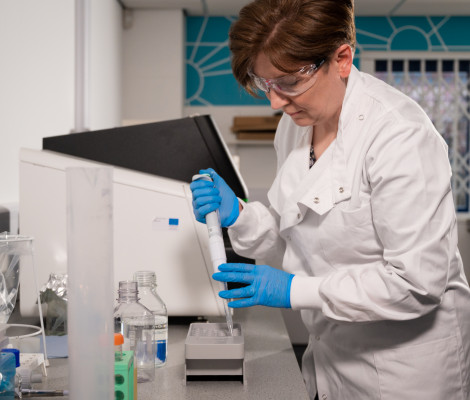
Our microbiology laboratory offers a range of equipment allowing users to safely handle, store and work with a variety of aerobic and anaerobic microbes at ACDP hazard category II level.
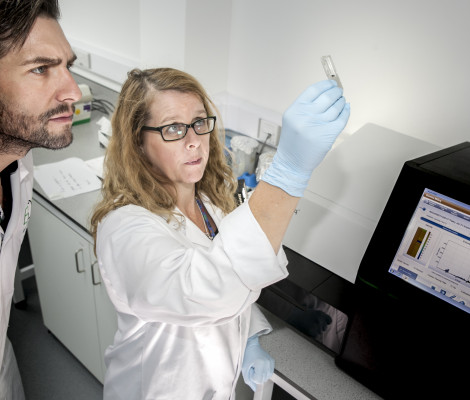
We have established a set of molecular analysis labs to enable a variety of genetic analysis applications to be carried out.